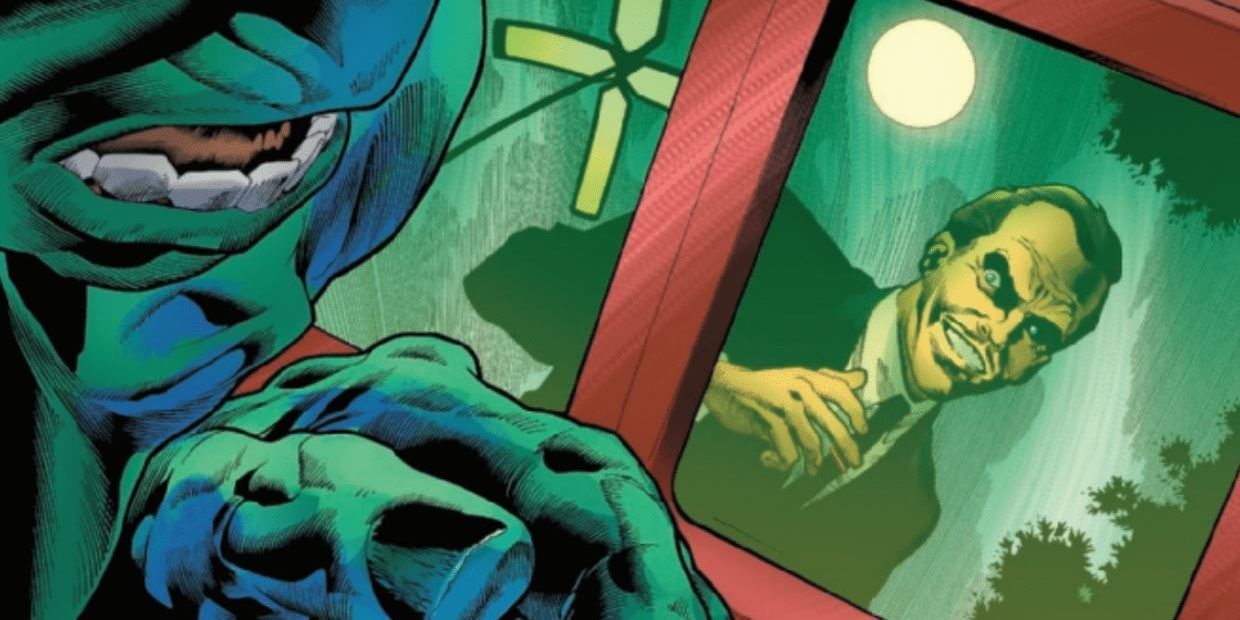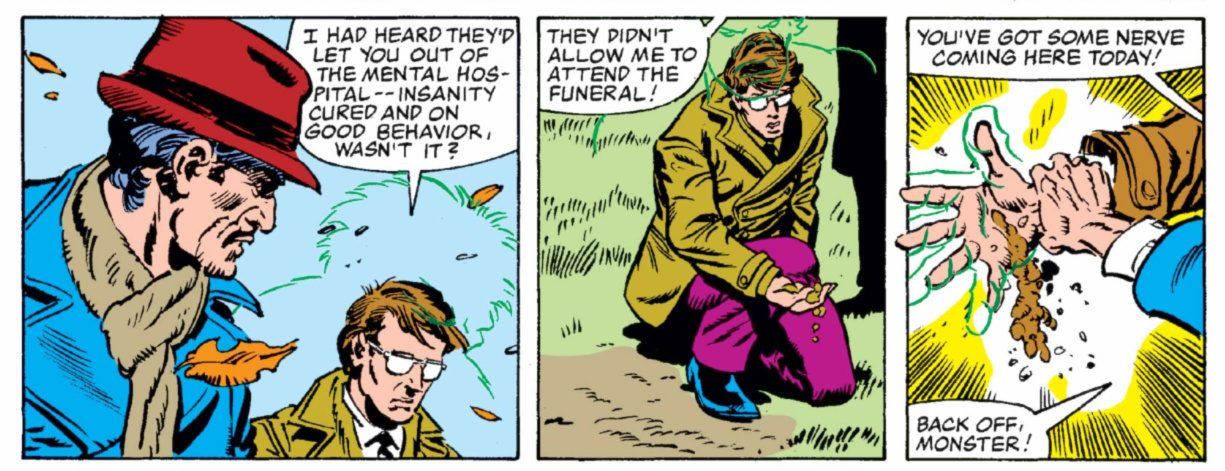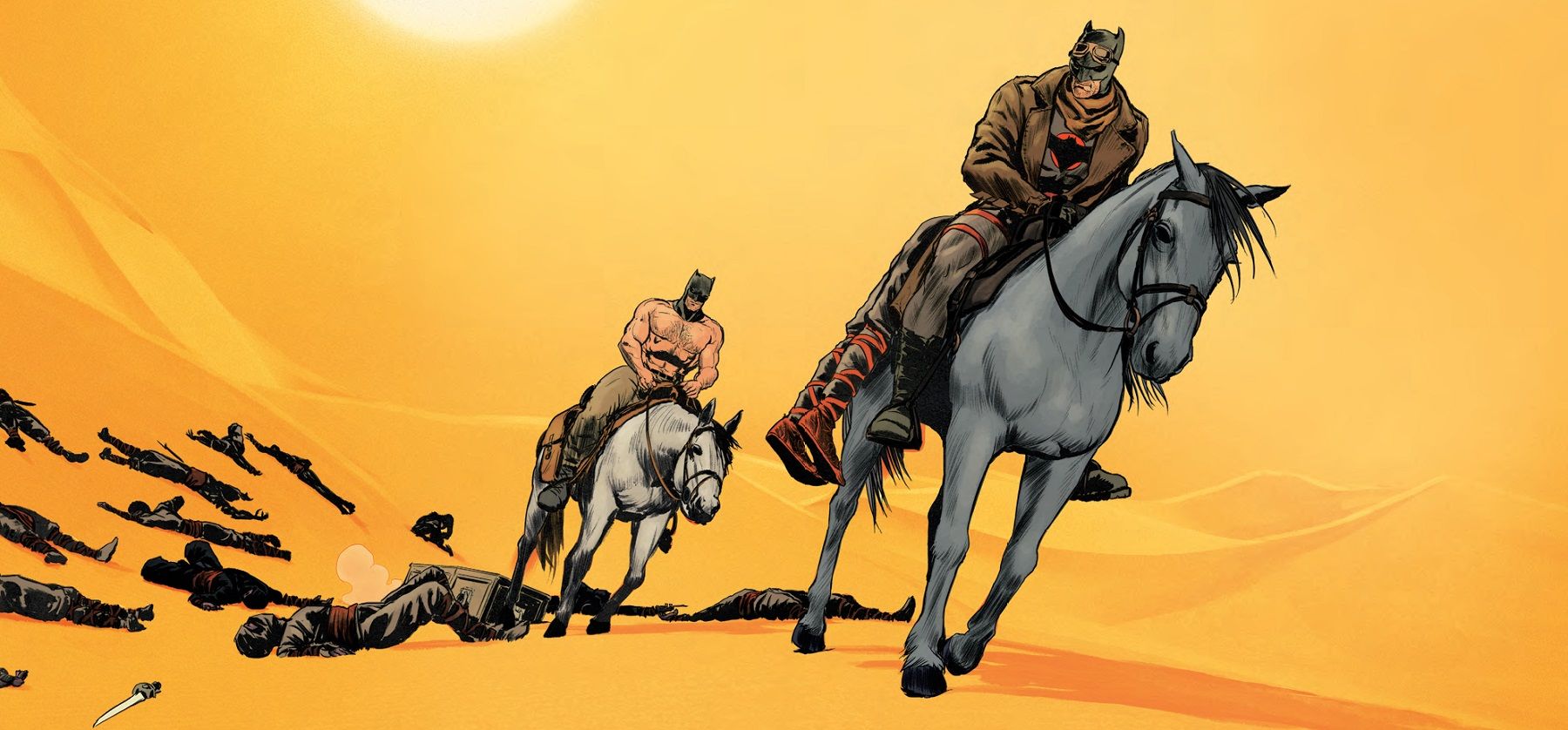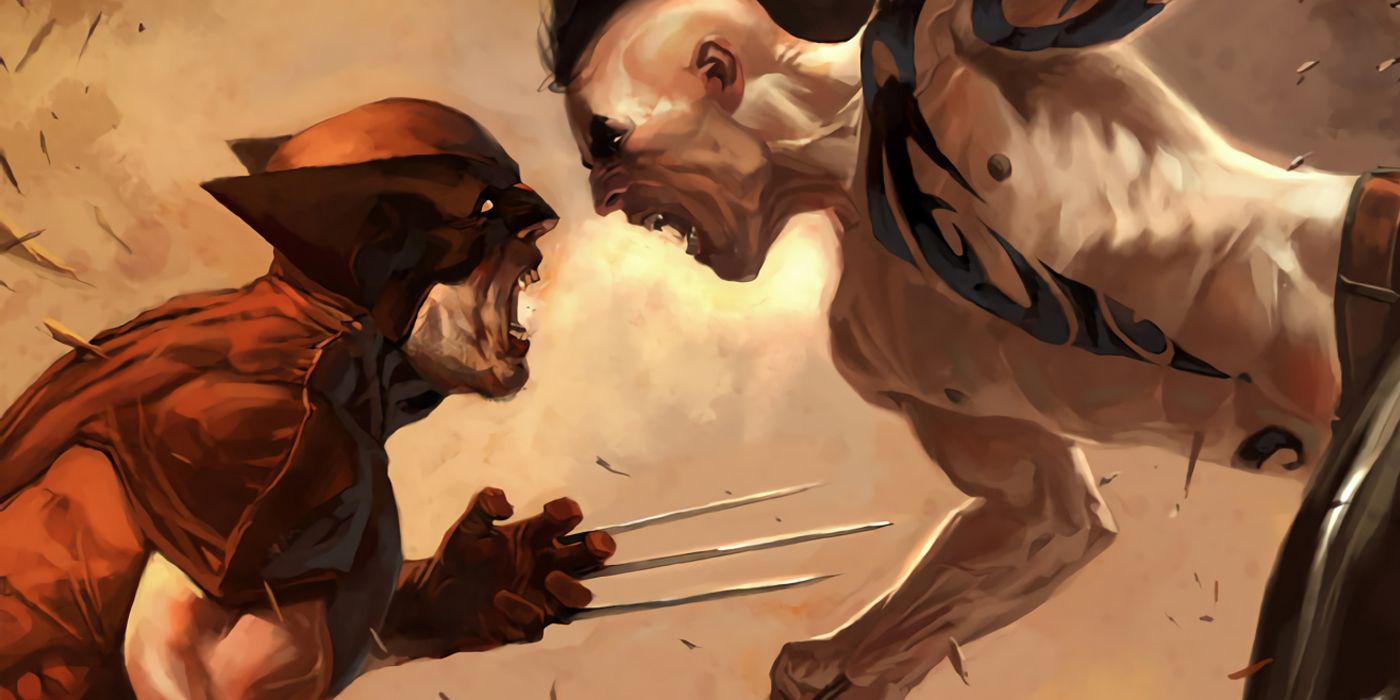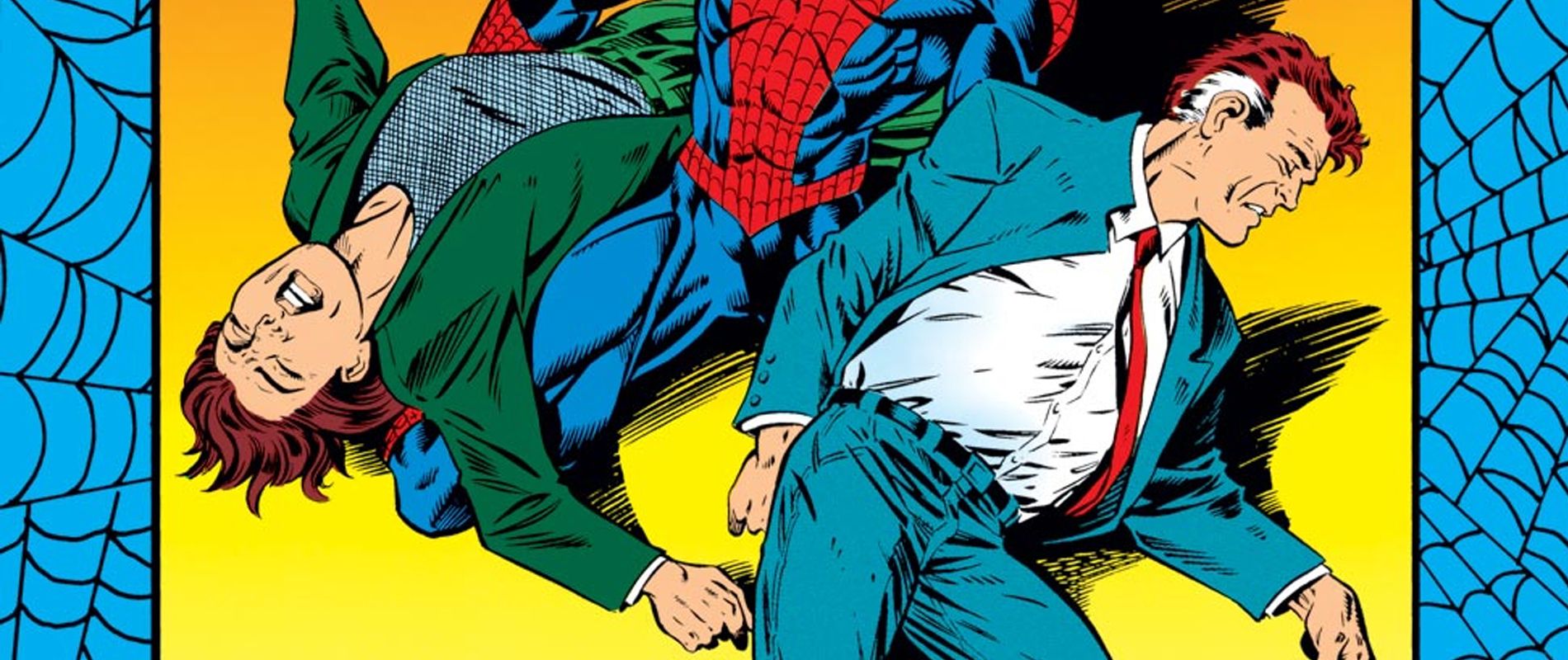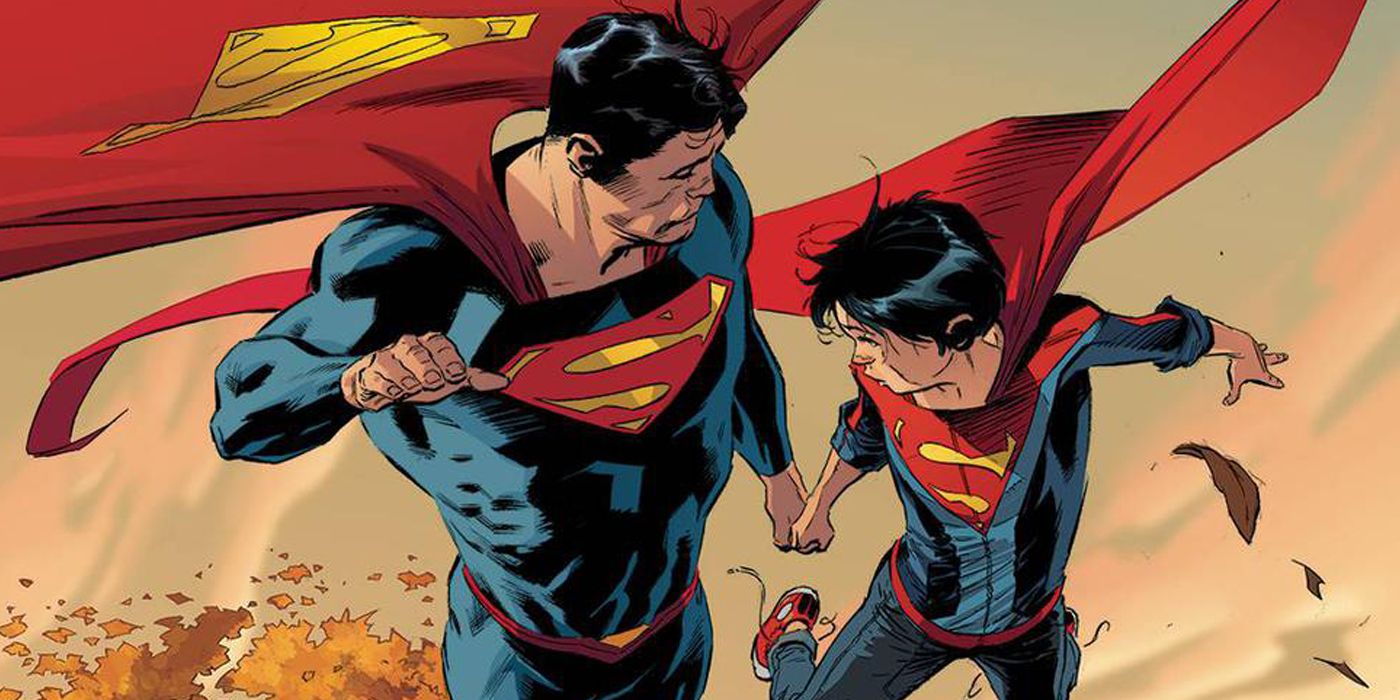A lot of comic book superheroes have dead parents. For many, that loss is a defining moment in their backstories that helps to set them on their journey. Recently, however, bringing back a long-dead father has developed as an unexpected trend. From Batman to Superman to even The Hulk, Father's Day has become a lot more complicated.
The fathers of Superman and Batman have been long depicted in a positive light. That goes for the Man of Steel's birth father, Jor-El, and his adoptive father, Jonathan Kent. The losses of Jonathan Kent and Batman's father, Thomas Wayne, are significant parts of their sons' lives. After all, it's the murders of Thomas and Martha Wayne that inspire young Bruce to become a vigilante, while the death of Pa Kent, in its various depictions, teach a young Clark the unfortunate limits of his powers.
Jor-El's death also represents the loss of Superman's homeworld Krypton. Conversely, a hologram of Jor-El, or at least an A.I. left to Clark by Jor-El, is typically what informs and connects Clark to his Kryptonian heritage. In that way, his instruction is just as important as Jonathan Kent's physical presence in making Clark into Superman.
DEADBEAT DADS
Unlike DC's World's Finest, Bruce Banner's father was anything but heroic. Brian Banner was an abusive alcoholic who ironically neglected his son out of a desire to not repeat his own father's torment. He beat his wife and son, and eventually killed Bruce's mother, Rebecca, in front of the boy.
The years of abuse became a key factor in Bruce's psychological devolution into the Incredible Hulk. The savage persona that the Hulk started out with is explained as being a sort of response to the torment Bruce experienced for years.
THE PRODIGAL DAD
The supposedly deceased Brian Banner returned in the pages of The Immortal Hulk, where it's explained he's a ghost capable of possessing gamma-irradiated beings. After possessing the Canadian hero, Sasquatch, Brian was fought by his son, who absorbed the gamma radiation from Sasquatch. Unfortunately, that seemingly left his father in possession of the Hulk's body.
Jor-El has reappeared in various Superman comics since the start of DC Rebirth continuity. It's revealed the father of Superman was saved from the destruction of Krypton by none other than Doctor Manhattan, and has been audience to the various changes affecting the DC Universe.
A villainous version of Thomas Wayne has played a central role in Batman. This version is a corrupted version of the "Flashpoint Batman," an alternate Thomas Wayne who lost his son to a criminal, inspiring him to become the Dark Knight. This has been no happy reunion, however, a Thomas teamed with arch-villain Bane, to force Bruce to give up the cape and cowl.
AND THE LIST GOES ON...
Numerous other father characters in comic books have gone and returned, but many of those have been heroes (or villains) first before being depicted as fathers: Green Arrow (Oliver Queen), Ra's Al Ghul, Magneto, Norman Osborn, Aquaman, Professor X, Wolverine, Cyclops and so on.
For some of those characters, such as Ra's Al Ghul, death was more of a revolving door than for most comic book characters. For others, such as Wolverine and Cyclops, their deaths are only recently being undone, so it remains to be seen how they will contribute to the new trend of bringing back killed-off dads.
"MY PARENTS ARE DEAD!"
As previously mentioned, dead parents are a staple of superhero narratives. That extends especially to father figures, be they actual fathers or other male relatives, such as Spider-Man's Uncle Ben. But what's up with the recent trend of bringing them back?
Quite simply, subversion. The aforementioned Uncle Ben represents the concept of a comic book character who should never be brought back to life. That's due to the dramatic impact their deaths had in inspiring the future hero. The Waynes are quintessential, even iconic, dead comic book parents -- how many times have we witnessed their murders in Crime Alley across comics, live-action and animation? -- making Thomas Wayne's revival particularly provocative.
The effect the resurrections of these characters would have on their children (for better or worse) are stories usually reserved for Elseworlds and other alternate timelines. Using it as a plot device in "mainstream" books allows for stories that could have never been told before.
An early example of this can be seen in The Amazing Spider-Man #365, in which Peter Parker's parents are seemingly revealed to have been alive after all. Supposedly having been captive overseas for years, the Parkers attempt to reestablish their lives with their now-adult son. Eventually, however, it's revealed they're nothing more than robotic duplicates created by Chameleon and the Green Goblin.
Their plan to unravel the life of Spider-Man was successful; the revelation drove him to have a mental breakdown that paved the way for the controversial "Clone Saga" story arc.
THE SON BECOMES THE FATHER
Another contributing factor in these long-dead fathers reuniting with their adult sons is the existence of grandchildren. In current DC continuity, both Superman and Batman are fathers, with the Man of Steel even naming his son after Jonathan Kent. These children can be symbols of their father's successes or failures. In the case of Batman, Thomas Wayne saw his grandson Damian as a reason for Bruce to give up being Batman and become the father that Thomas never had the chance to be.
Conversely, Jor-El has appeared to have taken his grandson Jon Kent under his wing. While exploring the known universe together, Jon is captured by Ultraman on Earth-3. Upon escaping and returning home, he finds that he is now several years older. That means his father essentially has been robbed of seeing his son grow up, in the same way that Jor-El was with Clark.
The added pathos of seeing these heroes interact with their fathers brings new dimensions to their characters and supporting casts. This easy yet understandably controversial way to keep things fresh is becoming more common in superhero comic books and could keep expanding. With the mysteries of the DC Rebirth universe and Doomsday Clock still lingering, will readers also see the return of Clark's surrogate father, Jonathan? And if so, what other daddy (whether hero or baddie) could follow him?

